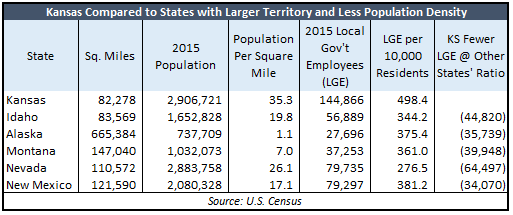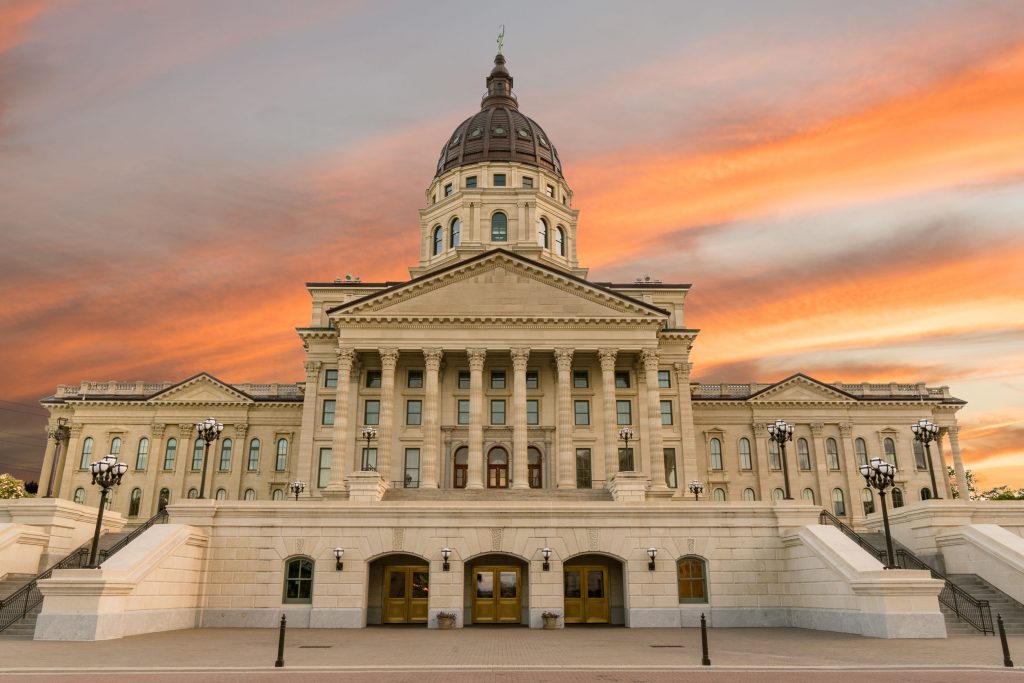A new bill introduced to the House Taxation Committee proposed to further weaken citizens’ right to vote on property tax increases. HB 2424 would add yet another exemption for “increases in employer contributions for social security, workers compensation, unemployment insurance, health-care costs, employee benefit plans and employee retirement and pension programs.”
The theory might be that local government can’t help it when those costs increase, so they should get a ‘pass.’ There are two major flaws in that argument, however. First, citizens are also dealing with rising health care costs and thanks to members of the House Tax Committee and many other legislators, citizens are also bracing for a very large and unnecessary tax increase. Once again, cities and counties want to avoid fiscal responsibility and foist higher tax increases on Kansans.
The other flaw is that cities and counties absolutely can take proactive action to mitigate cost increases for insurance, workers comp and retirement costs…they just don’t want to do so.
U.S. Census data shows Kansas has 34 percent more local government employees per-capita than the national average. To put that in perspective, Kansas is the second-worst state in the nation on that measurement! Only Wyoming is worse.
It’s not geography or rural populations; states with more square miles and fewer people are more efficient than Kansas. Idaho, Alaska, Montana, Nevada and New Mexico demonstrate that low population per-square-mile is no excuse for Kansas having so many local government employees. If local governments in Kansas just operated at the ratio of these states, there would be anywhere from 34,000 to 64,000 fewer local government employees!
 Local government in Kansas simply hires many more employees to provide the same services as other states, and Kansans pay the price in higher property tax. Charts on KansasOpenGov.org show that most cities have hiked property taxes far in excess of the combined rates of inflation and population.
Local government in Kansas simply hires many more employees to provide the same services as other states, and Kansans pay the price in higher property tax. Charts on KansasOpenGov.org show that most cities have hiked property taxes far in excess of the combined rates of inflation and population.
It will be interesting to see if more legislators choose to support citizens or government on this issue.




